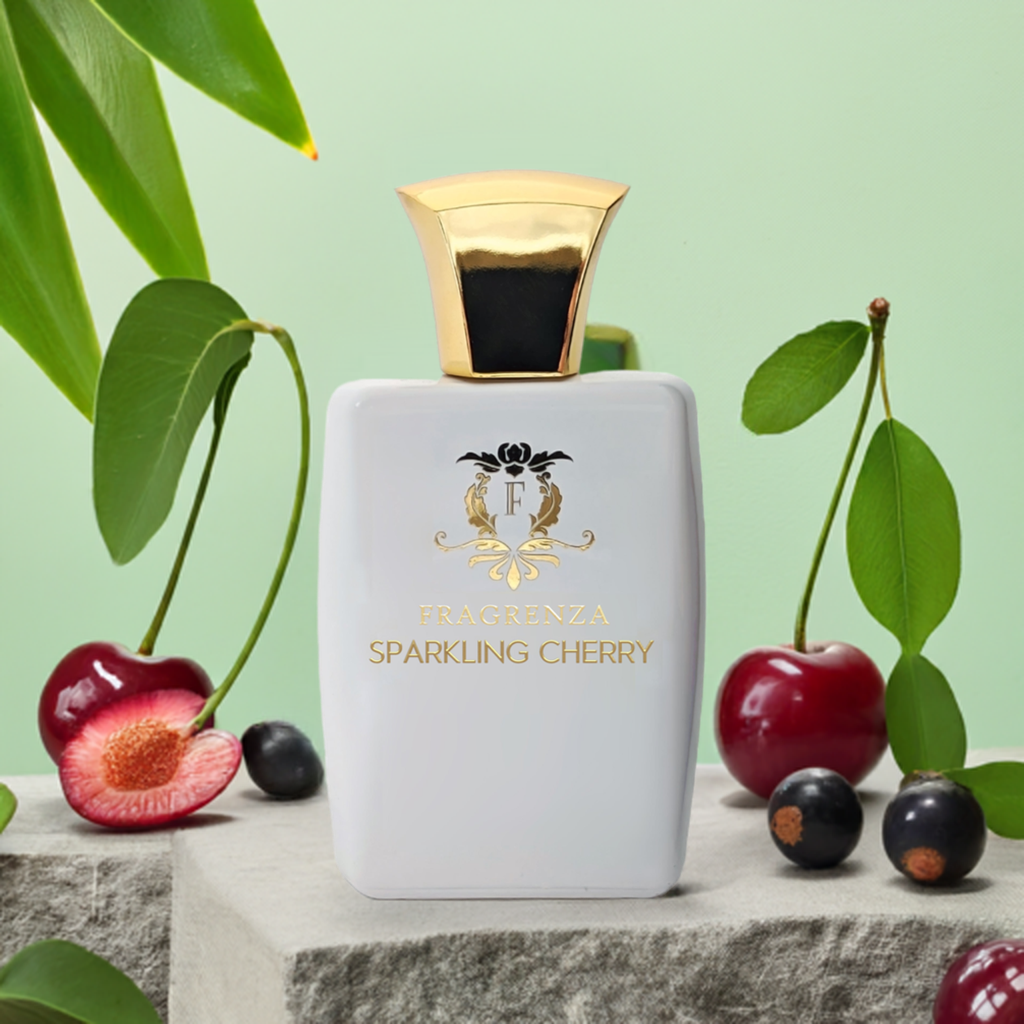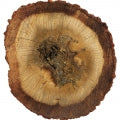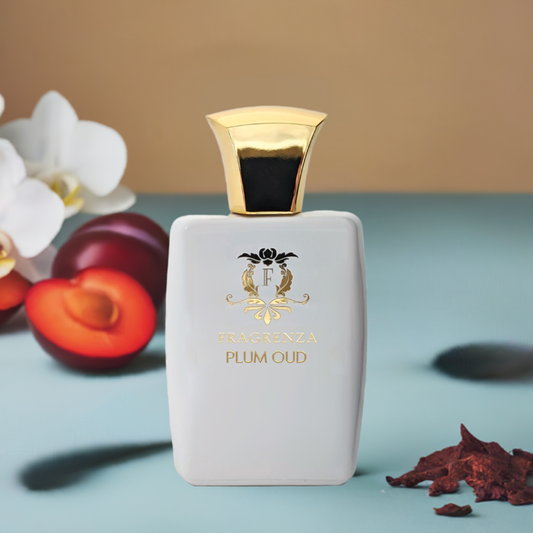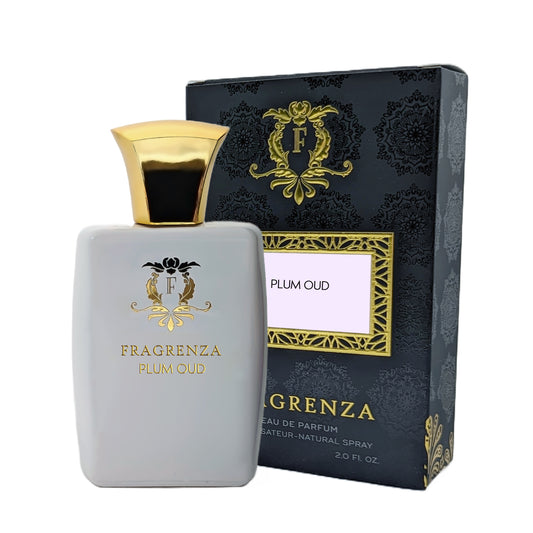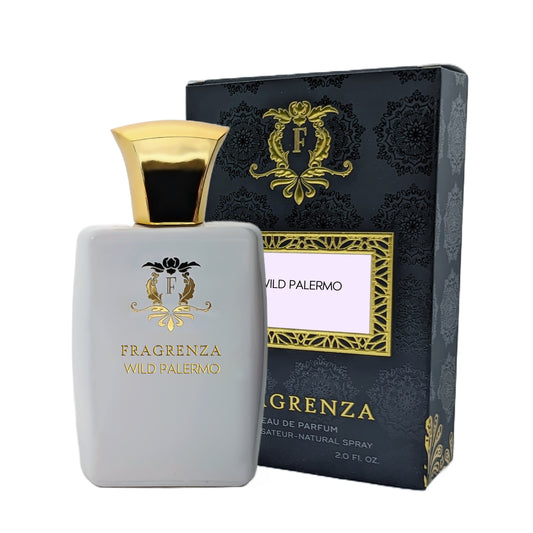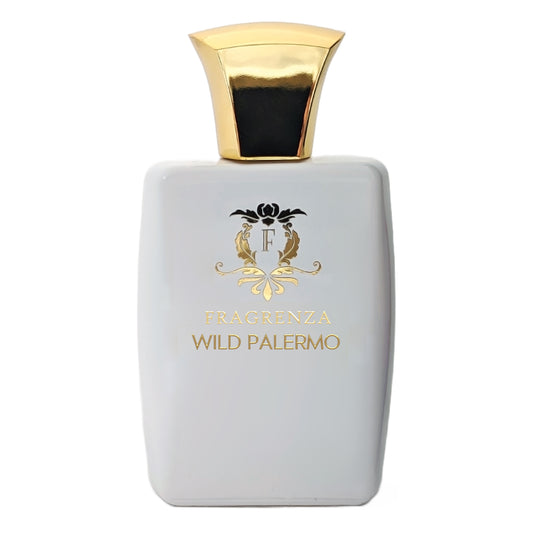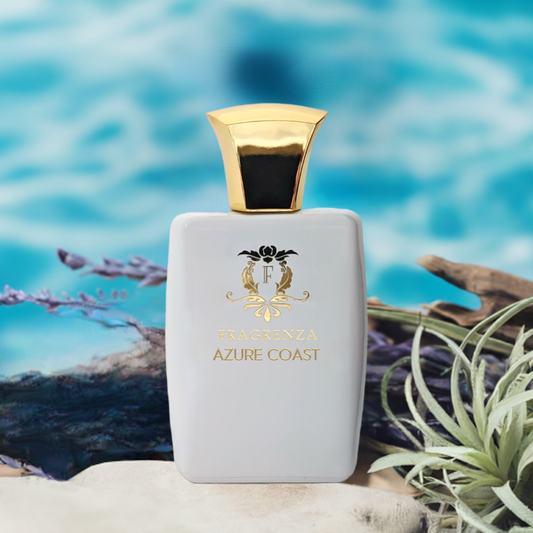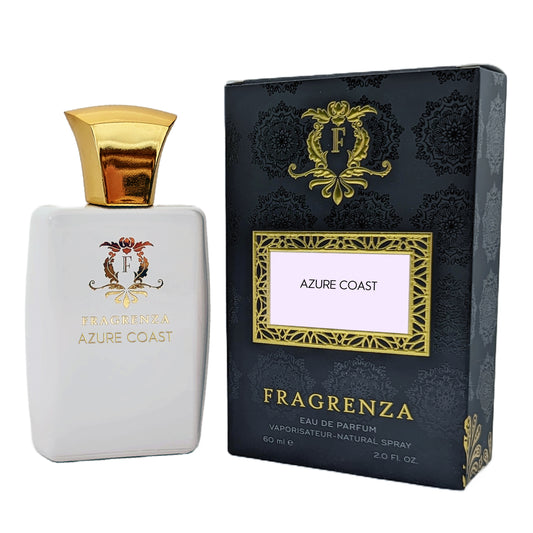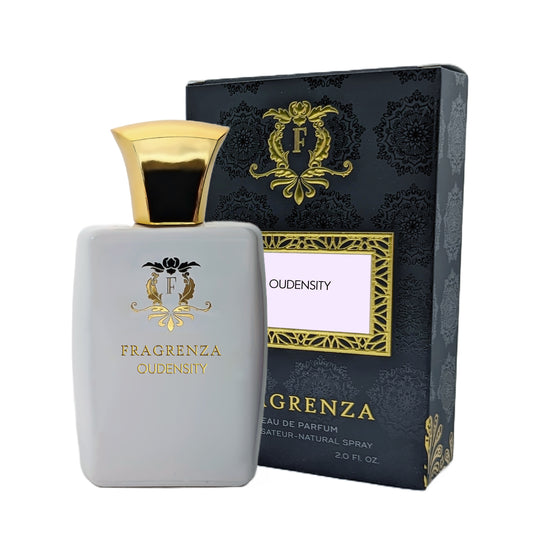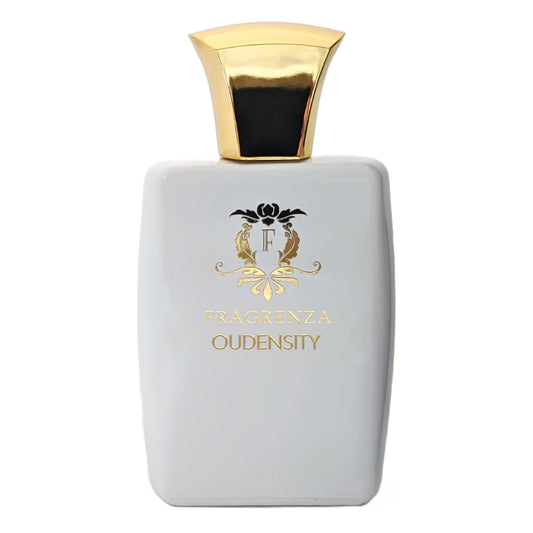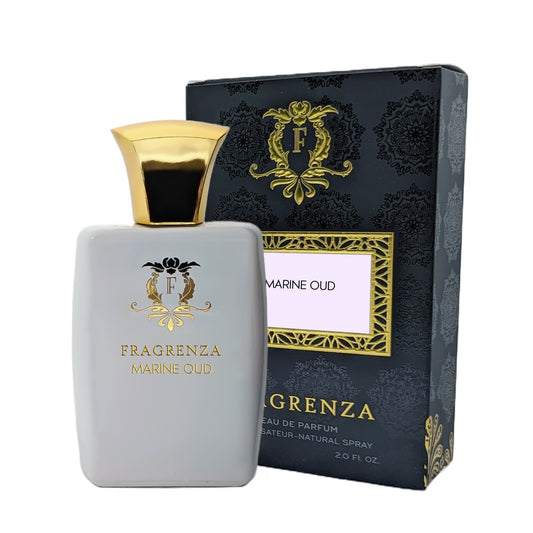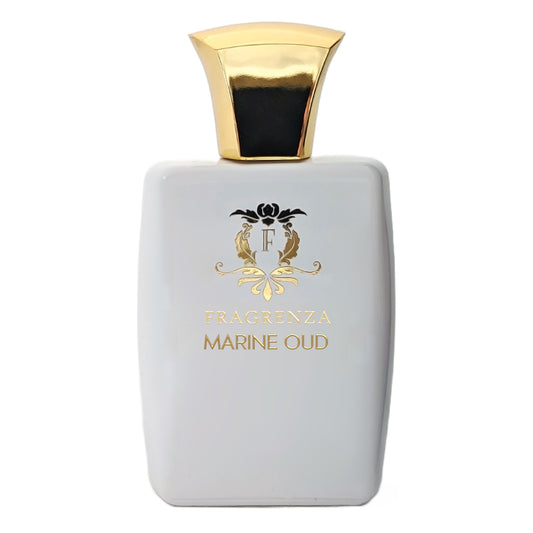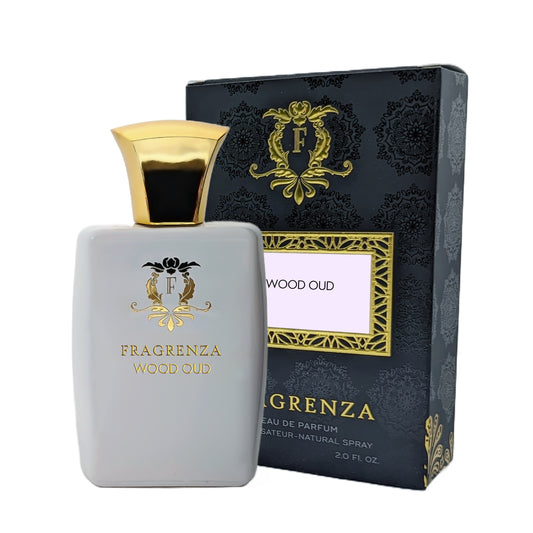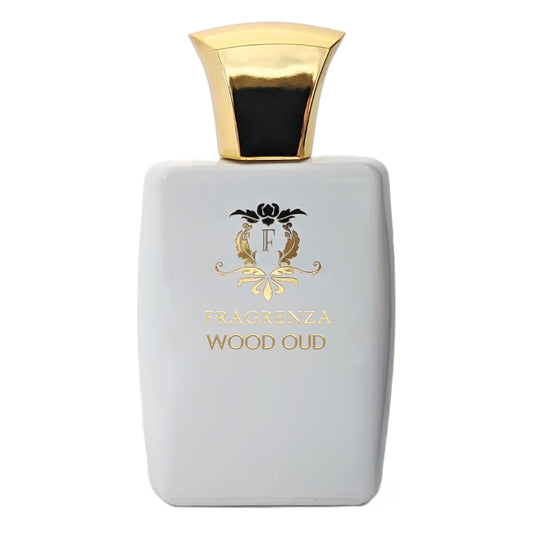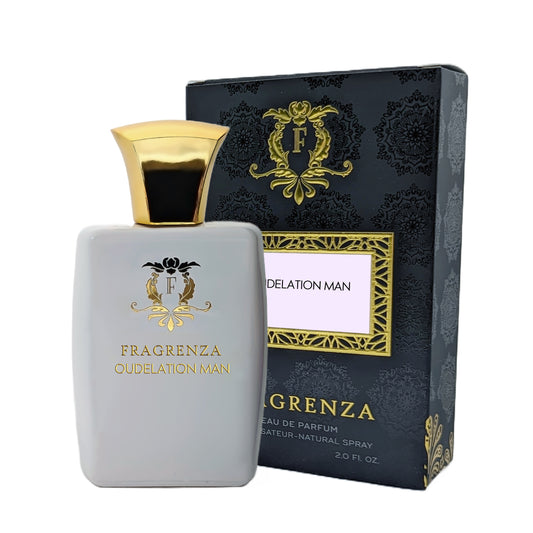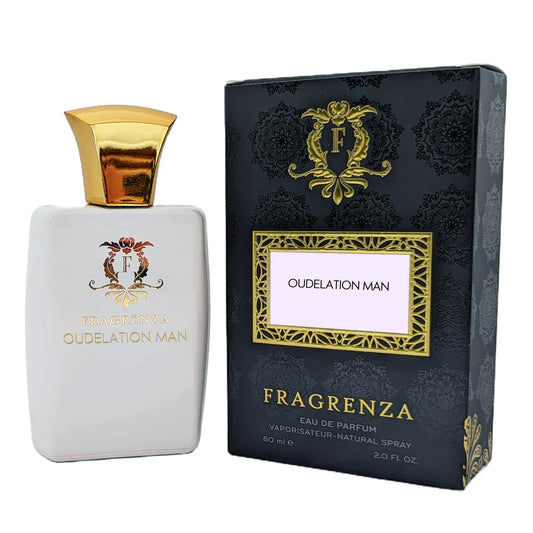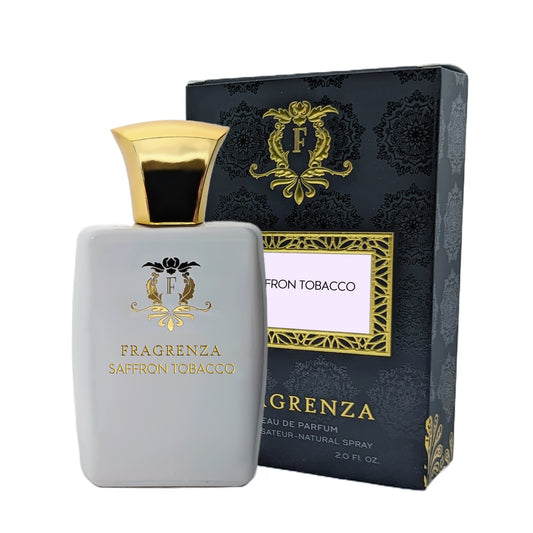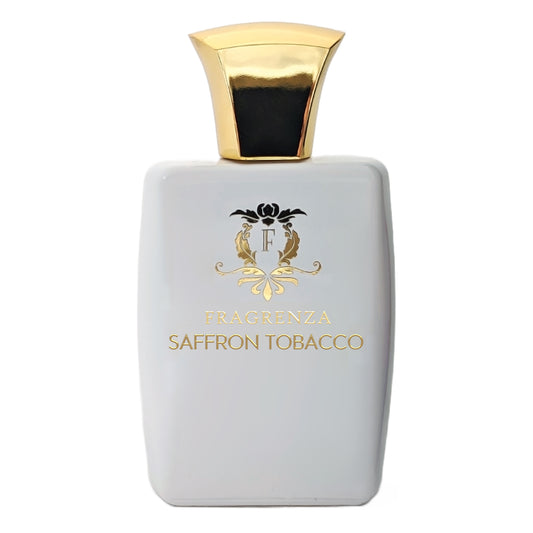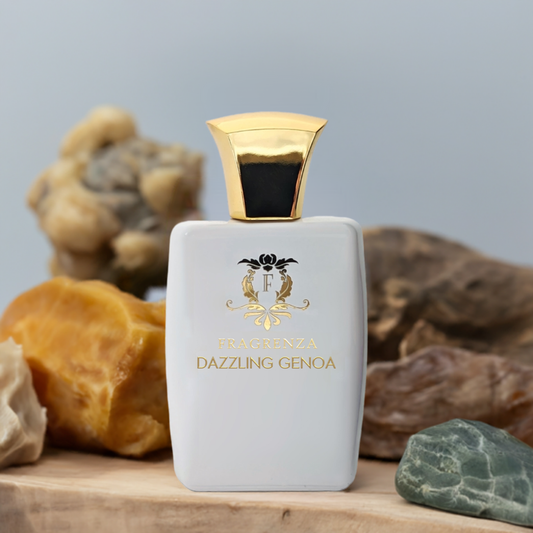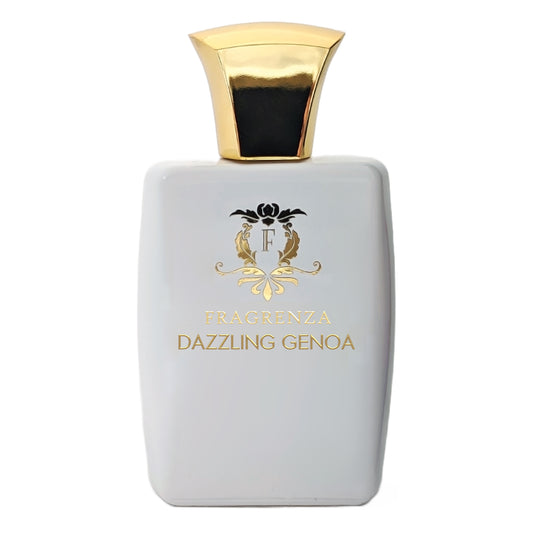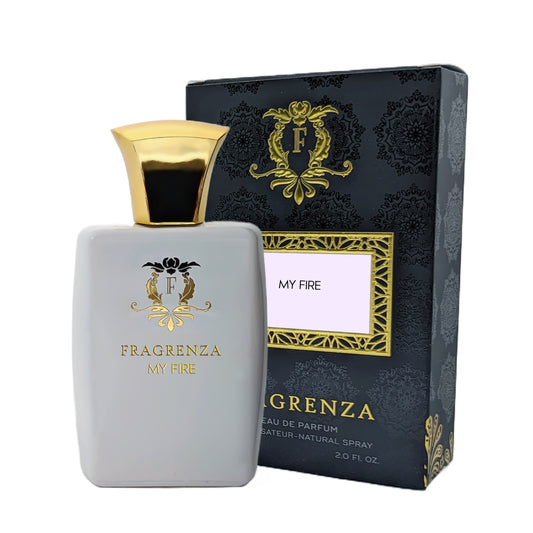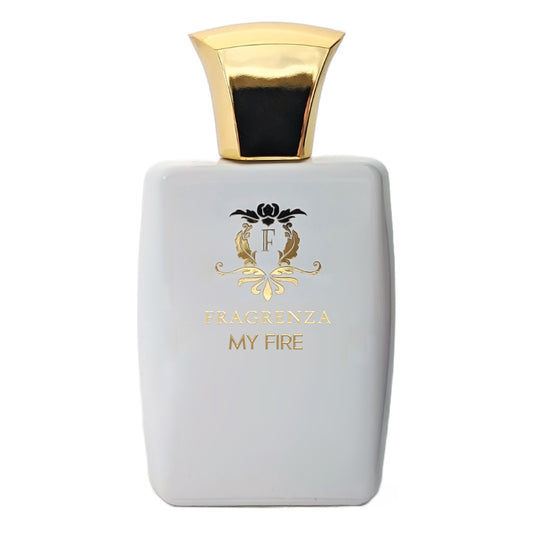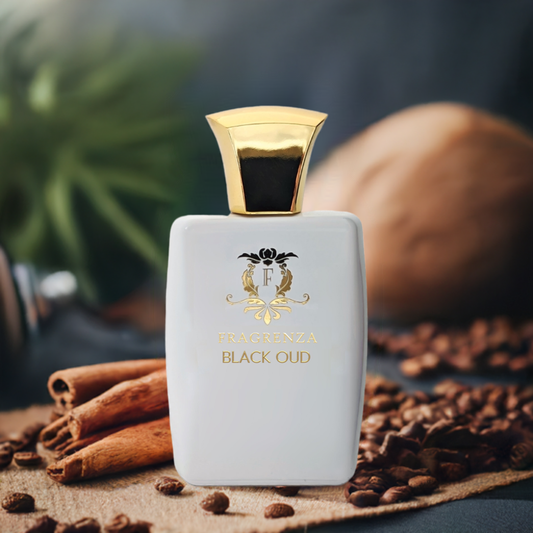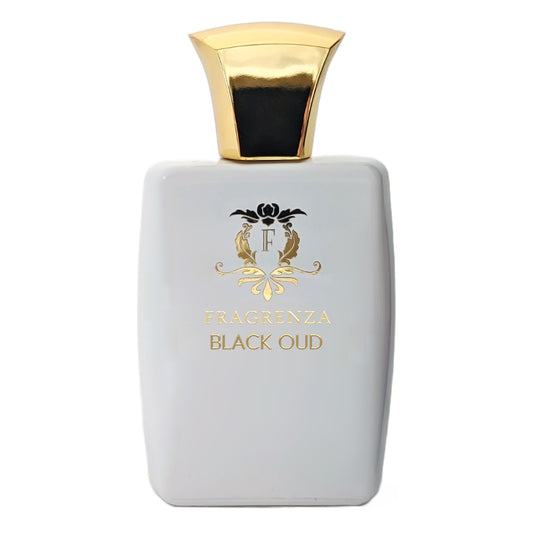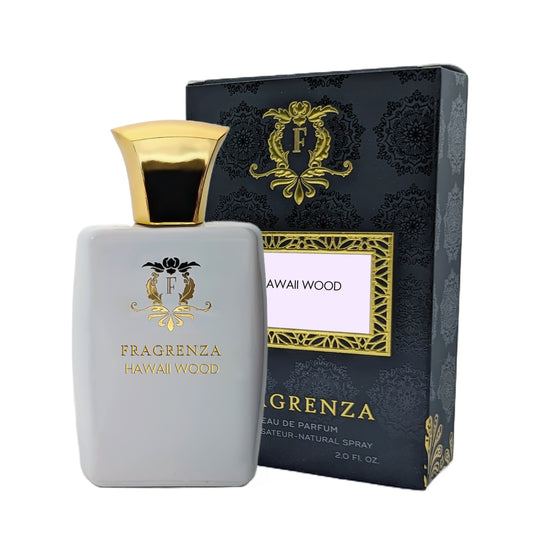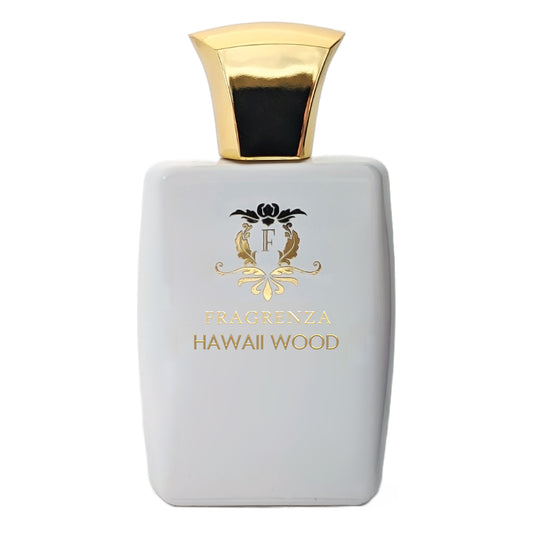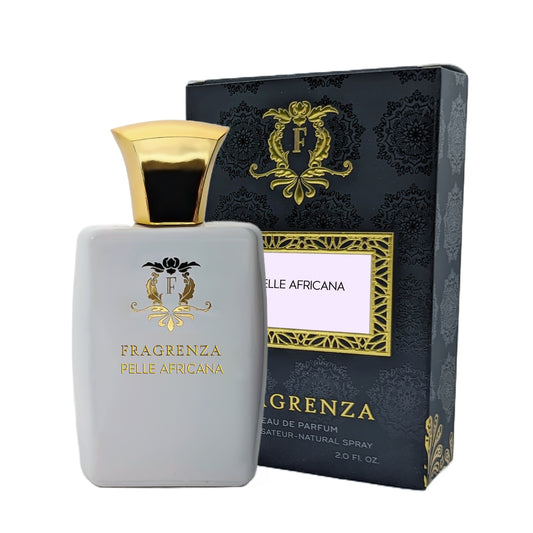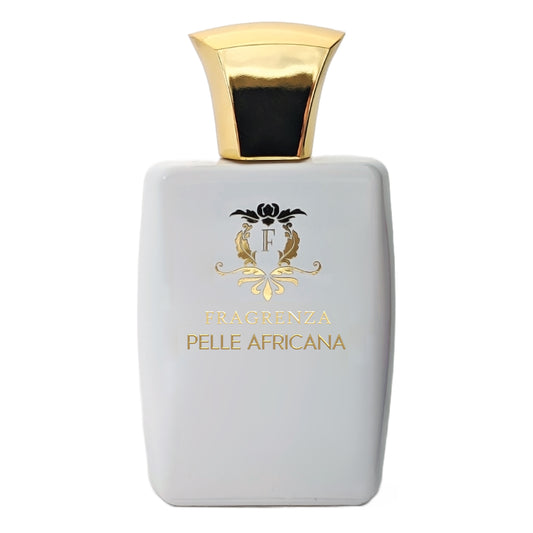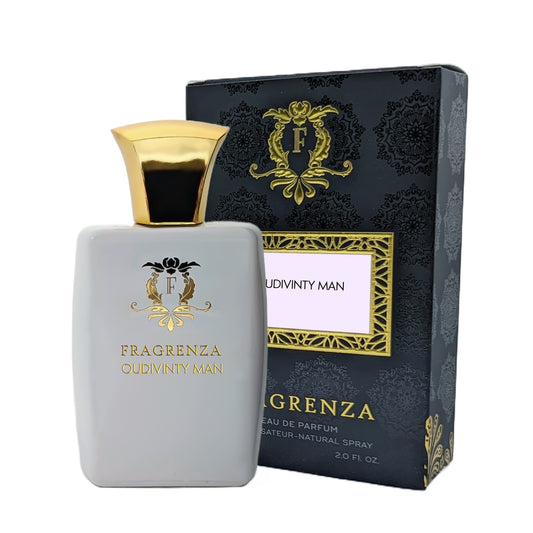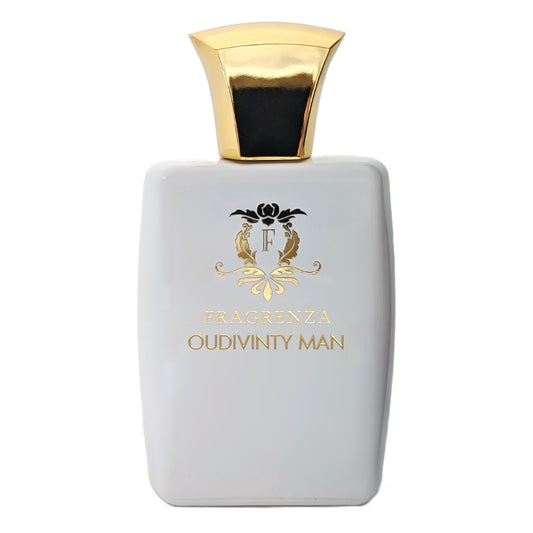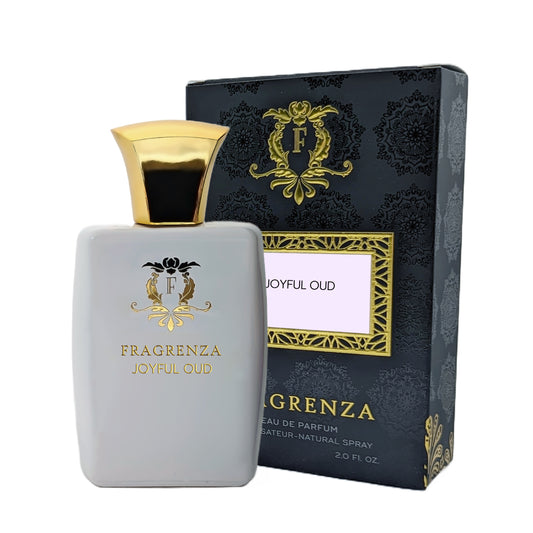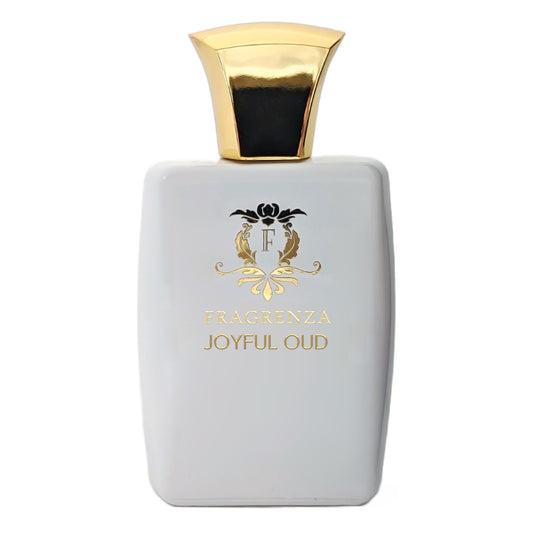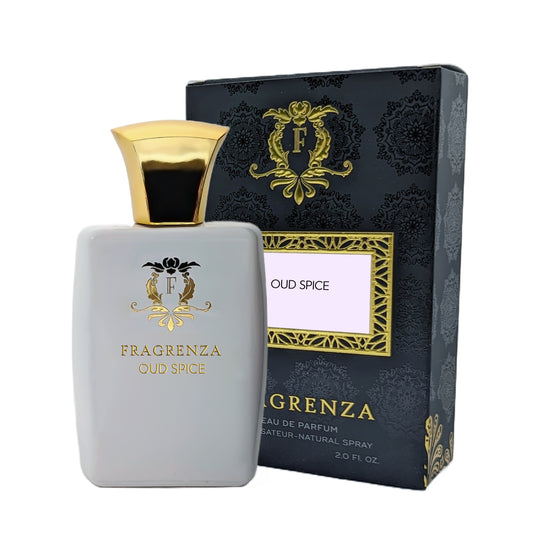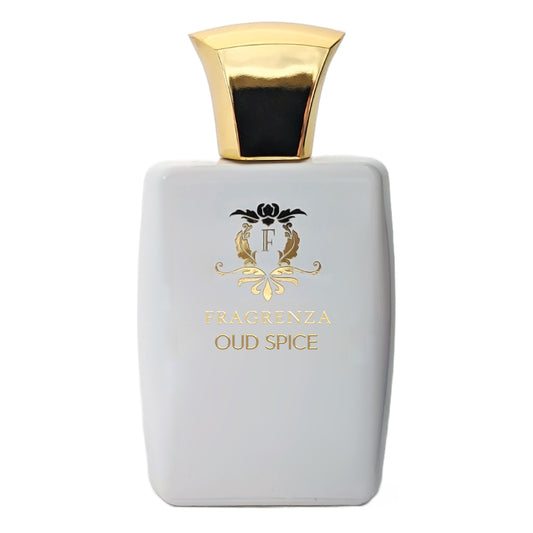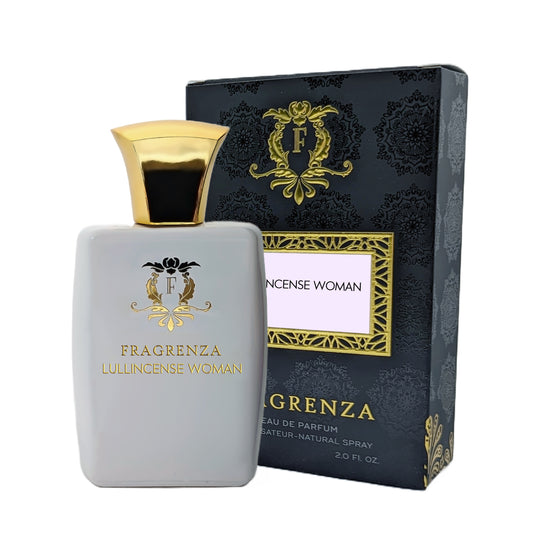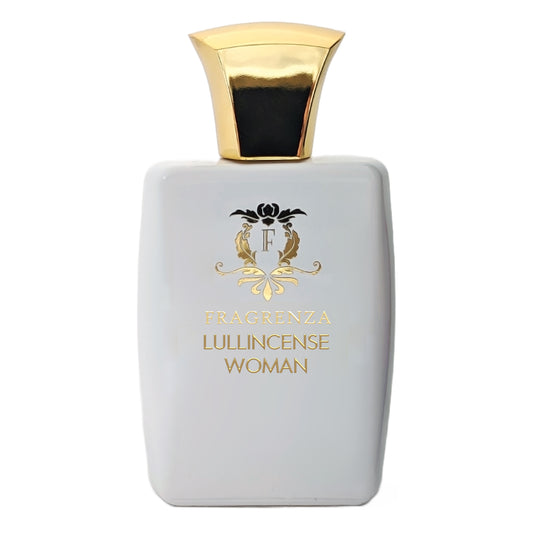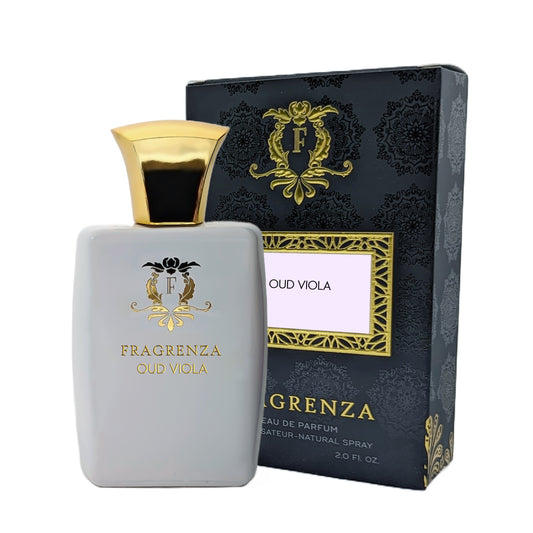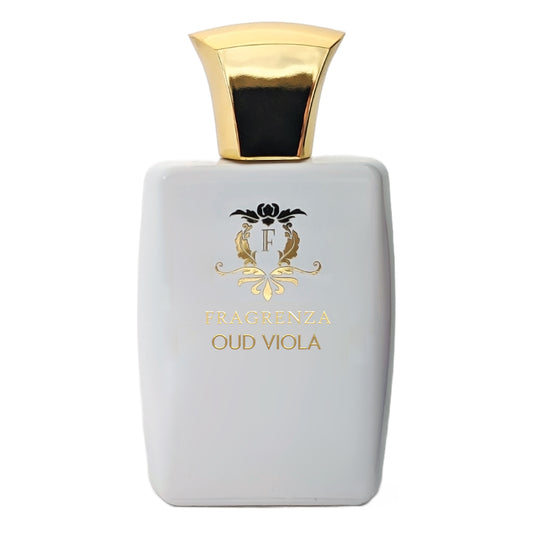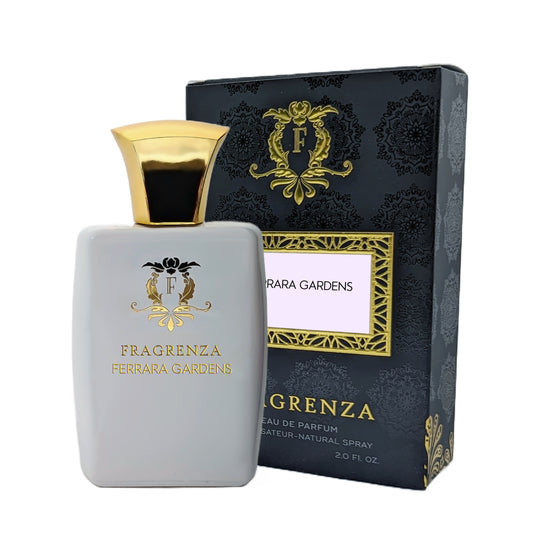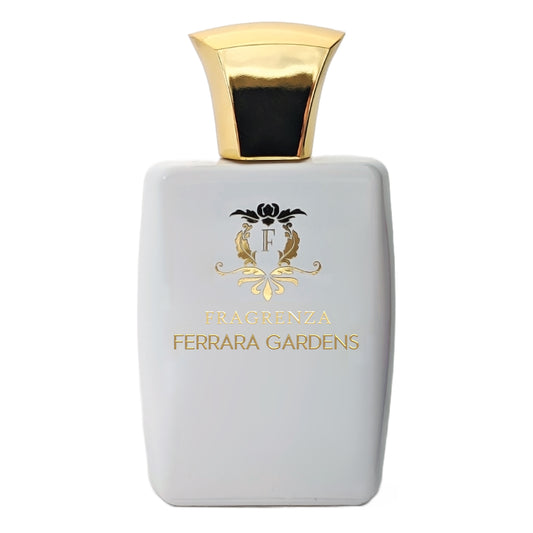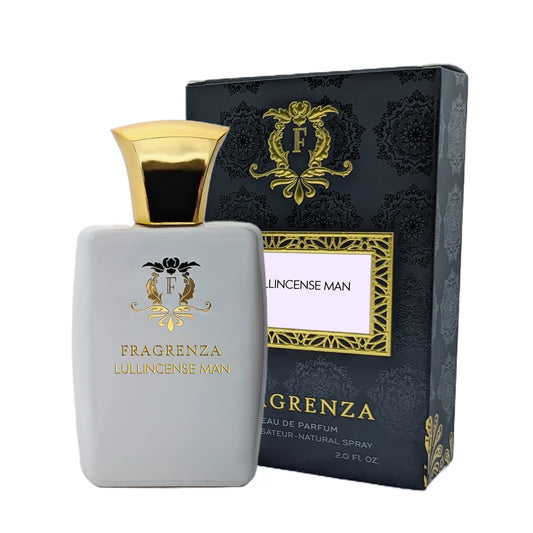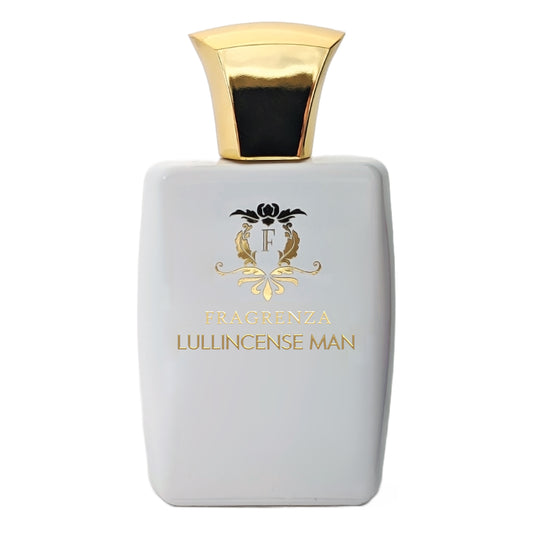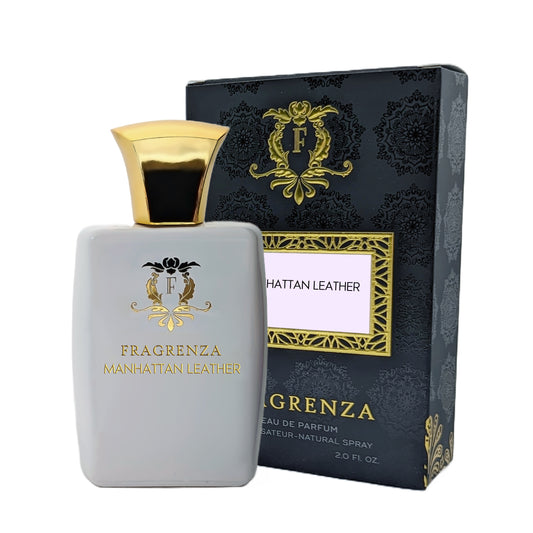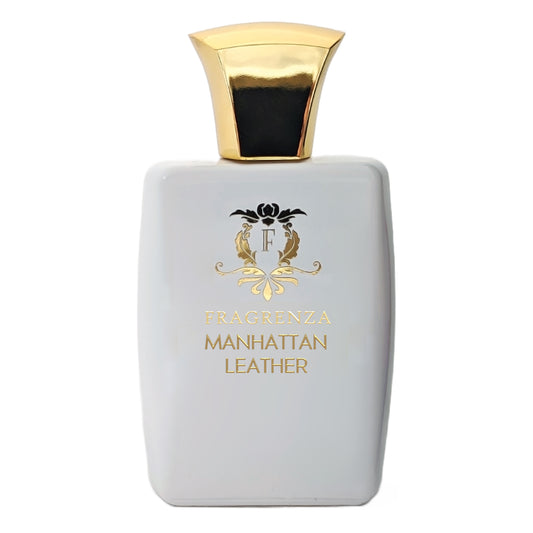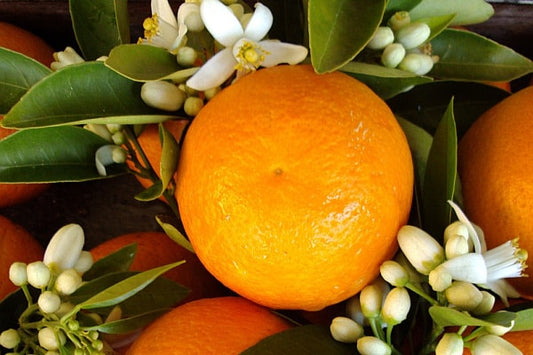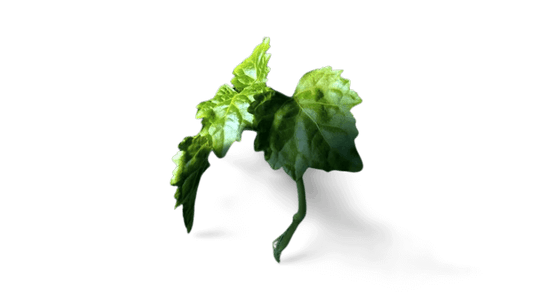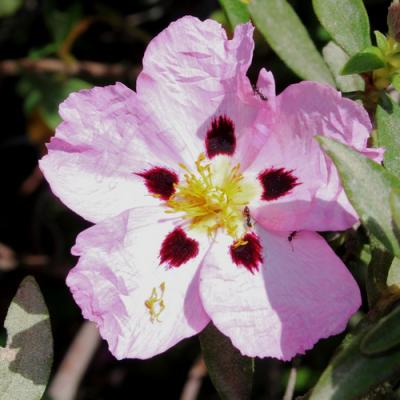- Plum Oud Plum Japonais by Tom FordVendor:Inspired by Tom Ford Plum Japonais dupeRegular price From $9.99Regular priceUnit price per
$79.99Sale price From $9.99Sale - Wild Palermo More Than Words by XerjoffVendor:Inspired by Xerjoff More Than Words cloneRegular price From $9.99Regular priceUnit price per
- Azure Coast Costa Azzurra by Tom FordVendor:Inspired by Tom Ford Costa Azzurra dupeRegular price From $9.99Regular priceUnit price per
$69.99Sale price From $9.99Sale - Oudensity Oud for Greatness by Initio ParfumsVendor:Inspired by Initio Parfums Oud for Greatness cloneRegular price From $9.99Regular priceUnit price per
$69.99Sale price From $9.99Sale - Marine Oud Oud Minérale by Tom FordVendor:Inspired by Tom Ford Oud Minérale dossierRegular price From $9.99Regular priceUnit price per
$9.98Sale price From $9.99 - Wood oud Oud Wood by Tom FordVendor:Inspired by Tom Ford Oud Wood dupeRegular price From $9.99Regular priceUnit price per
$79.99Sale price From $9.99Sale - Oudelation Man Jubilation XXV by AmouageVendor:Inspired by Amouage Jubilation XXV cloneRegular price From $9.99Regular priceUnit price per
-
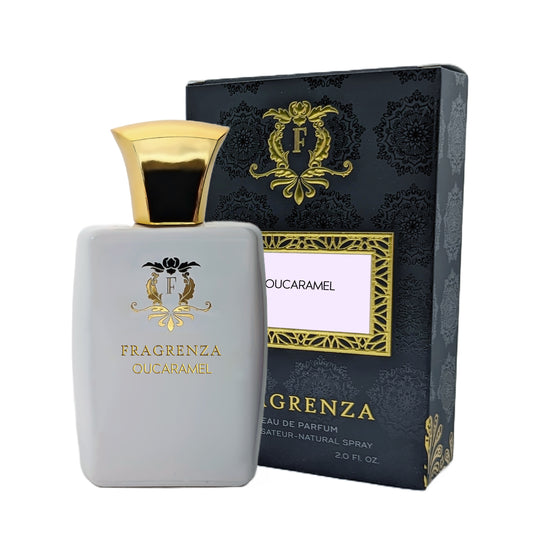
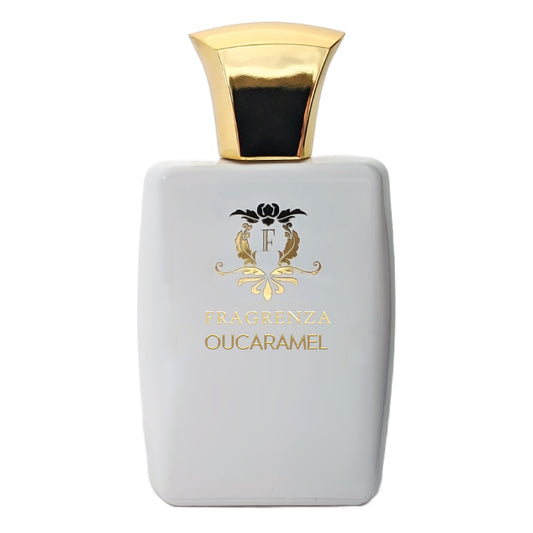 SaleOucaramel Oucaramel by FragrenzaVendor:Regular price From $9.99Regular priceUnit price per
SaleOucaramel Oucaramel by FragrenzaVendor:Regular price From $9.99Regular priceUnit price per$79.99Sale price From $9.99Sale - Saffron Tobacco Red Tobacco by ManceraVendor:Inspired by Mancera Red Tobacco cloneRegular price From $9.99Regular priceUnit price per
- Dazzling Genoa Velvet Desert Oud by Dolce & GabbanaVendor:Inspired by Dolce & Gabbana Velvet Desert Oud dossierRegular price From $9.99Regular priceUnit price per
- My Fire Tobacco Oud by Tom FordVendor:Inspired by Tom Ford Tobacco Oud dupeRegular price From $9.99Regular priceUnit price per
$69.99Sale price From $9.99Sale - Black Oud Black Afgano by NasomattoVendor:Inspired by Nasomatto Black Afgano cloneRegular price From $9.99Regular priceUnit price per
$69.99Sale price From $9.99Sale - Hawaii Wood Hawaii Wood by Fragrenza TwistVendor:Regular price From $9.99Regular priceUnit price per
- Pelle Africana African Leather by MemoVendor:Inspired by Memo African Leather cloneRegular price From $9.99Regular priceUnit price per
- Oudivinty Man Epic Man by AmouageVendor:Inspired by Amouage Epic Man dossierRegular price From $9.99Regular priceUnit price per
- Joyful Oud Oud for Happiness by Initio ParfumsVendor:Inspired by Initio Parfums Oud for Happiness dupeRegular price From $9.99Regular priceUnit price per
- Oud Spice Oud Fleur by Tom FordVendor:Inspired by Tom Ford Oud Fleur cloneRegular price From $9.99Regular priceUnit price per
$79.99Sale price From $9.99Sale - Lullincense Woman Interlude Woman by AmouageVendor:Inspired by Amouage Interlude Woman dupeRegular price From $9.99Regular priceUnit price per
- Oud Viola Purple Oud by DiorVendor:Inspired by Dior Purple Oud cloneRegular price From $9.99Regular priceUnit price per
$69.99Sale price From $9.99Sale - Ferrara Gardens L for Men by Clive ChristianVendor:Inspired by Clive Christian L for Men dossierRegular price From $9.99Regular priceUnit price per
- Lullincense Man Interlude Man by AmouageVendor:Inspired by Amouage Interlude Man dupeRegular price From $9.99Regular priceUnit price per
- Manhattan Leather Manhattan Leather by Fragrenza TwistVendor:Regular price From $9.99Regular priceUnit price per
-
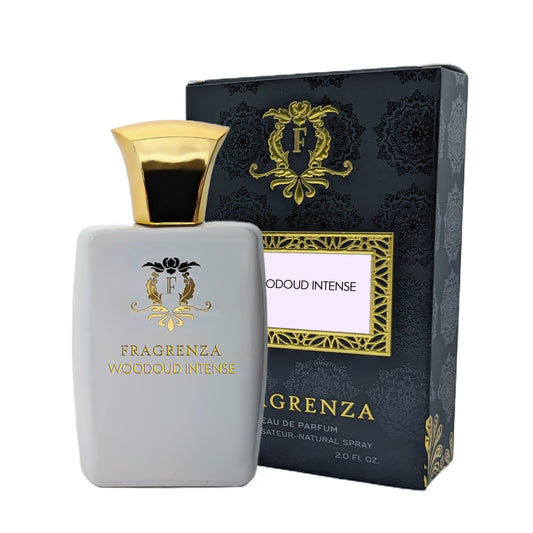
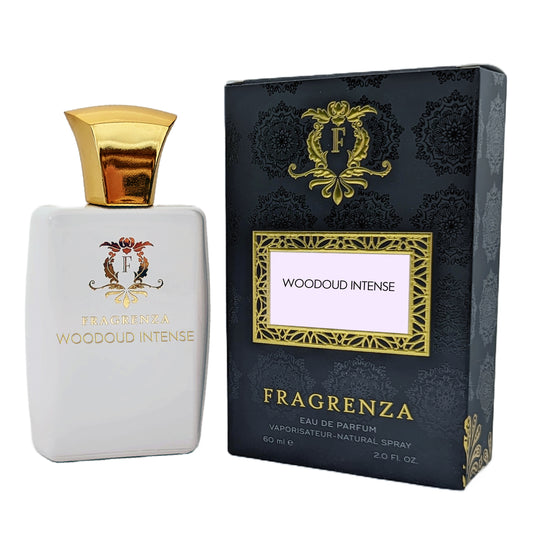 Sold outWoodoud Intense Oud Wood Intense by Tom FordVendor:Inspired by Tom Ford Oud Wood Intense dupeRegular price From $9.99Regular priceUnit price per
Sold outWoodoud Intense Oud Wood Intense by Tom FordVendor:Inspired by Tom Ford Oud Wood Intense dupeRegular price From $9.99Regular priceUnit price per$79.99Sale price From $9.99Sold out
Orchid Pink Leopard Fragrances
Explore our collection of orchid pink leopard fragrances. Shop orchid pink leopard perfumes that will captivate your senses.Opium Fragrances
Experience the invigorating scents of opium fragrances. Discover the best opium perfumes and immerse yourself in a refreshing aroma.Oysters Fragrances
Indulge in the captivating oysters fragrances. Explore the best oysters perfumes and let their enchanting scents transport you.Paperbark Fragrances
Discover the delightful scents of paperbark fragrances. Shop best paperbark perfumes online and add a touch of elegance to your fragrance collection.Panna cotta Fragrances
Immerse yourself in the world of panna cotta fragrances. Experience the best panna cotta perfumes for men and discover unique and captivating scents.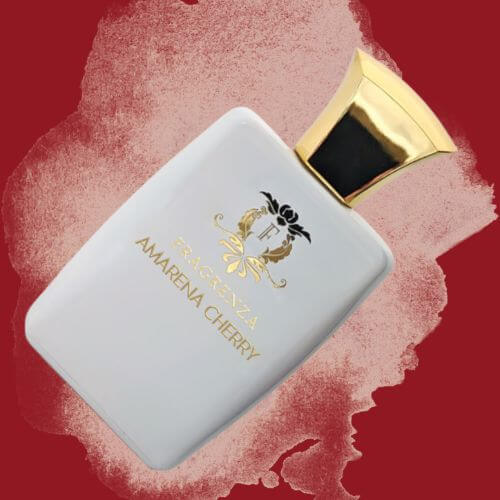
Amarena Cherry
Obsessed with cherry? If you want to really amp up the cherry scent, this Tom Ford Lost Cherry dupe will give Lost Cherry a run for its money. Black cherry, cherry syrup, and cherry liqueur all mingle together for an indulgent cherry overdose that’s complemented by notes of almond, tonka bean, Turkish rose, and jasmine sambac.
Woods And Mosses
Aquilaria agallocha i A. malaccensis Thymelaeaceae
Collapsible content
Description
Commonly referred to as agarwood, oudh, or agalocha, this precious wood belongs to the Thymelaeceae plant family. The genus Aquilaria, specifically, holds around 15 species known to produce this highly valued resinous heartwood.
The Uniqueness of Agarwood (Oudh)
The aromatic heartwood, or agarwood, produced by Aquilaria species is esteemed globally. Known by various names such as aloeswood, eaglewood, gaharu, and oudh, this resinous heartwood is deemed the most expensive wood in the world. From perfumery in Arab nations to incense and traditional medicine in China, agarwood holds immense cultural significance. Its presence is also dominant in the Thymelaeceae family, encompassing other species like Aetoxylon and Gonystylus.
The Formation of Agarwood (Oudh)
The formation of agarwood is a fascinating process initiated by the tree's response to a fungal or bacterial attack. The Aquilaria tree produces a fragrant protective oil, which over time, hardens and turns dark brown to black. The agarwood's rich aroma and high value have led to its extensive cultivation in various Asian countries including Bangladesh, India, Laos, Myanmar, and Vietnam, among others.
The Many Species of Agarwood-Producing Aquilaria Trees
Approximately fifteen species of Aquilaria are known to produce the precious agarwood. Mature trees can grow up to 40 meters high and 80 centimeters in diameter. Agarwood products, which include wood chips, powder, oil, and finished goods like perfumes and incense, are particularly sought after in Middle and Far Eastern countries.
Extraction and Aging of Agarwood Oil
The oil derived from agarwood resin is extracted via hydrodistillation, steam distillation, or supercritical CO2 extraction methods. Older trees with higher resin content tend to yield superior agarwood oil, which like fine wine, improves with age. This oil, much appreciated in perfumery, provides an exquisite, woody, and balsamic scent.
Synthetic Substitutes for Agarwood
Due to the scarcity and high cost of agarwood, chemical substitutes have emerged in the perfume industry. These synthetic alternatives, despite being economical, often fall short in replicating the complex and distinctive aroma of natural agarwood oil. The scent of oud is a unique combination of woody and balsamic notes, while the synthetic version leans more towards a woody, leathery smell.
The High Cost of Agarwood (Oudh)
The pricing of agarwood products is influenced by several factors. The high cost is primarily due to the low yield from the plant material and the labor-intensive extraction method. It usually takes a minimum of 20 kg of low-quality softwood to produce just 12 ml of agarwood oil, contributing to its status as one of the most expensive woods in the world.
-
Our best sellers.
-
Adeline PDM Delina dupe Better Peach Tom Ford Bitter Peach dupe Chloris Gardenia Gucci Flora Gorgeous Gardenia dupe Fearless Love Kilian's Love, Don't Be Shy dupe Selvaggio Dior's Sauvage dupe Addict Noir YSL's Black Opium dupe Empress D&G's L'Imperatrice dupe Divino Bleu de Chanel dupe Lo amo J’Adore Dior dupe Pretty Girl Carolina Herrera's Good Girl dupe
